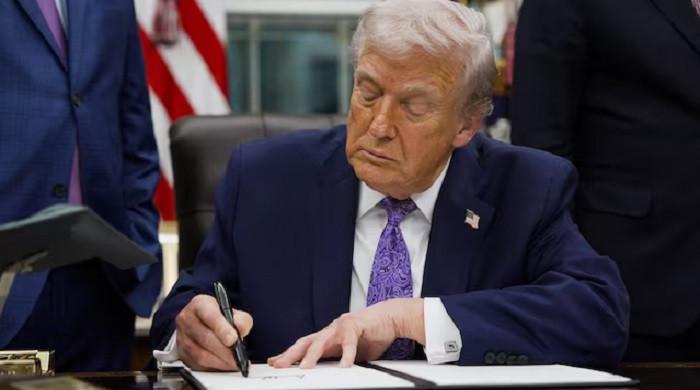Dianne Feinstein dies at 90 — Here's a tribute to oldest US Senator's everlasting legacy
Dianne Feinstein became San Francisco's first female mayor in 1978 and ultimately a US senator in 1992
September 29, 2023
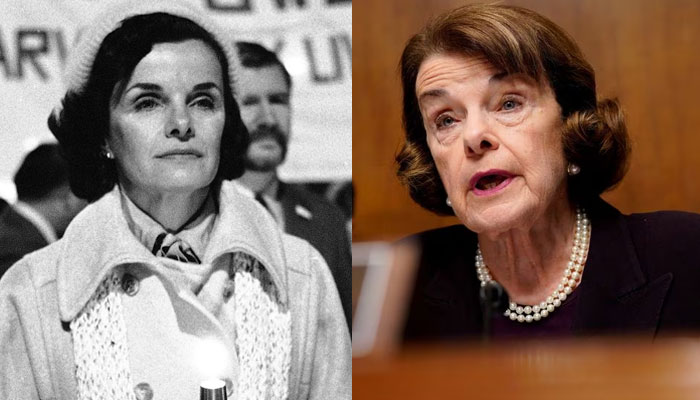
Dianne Feinstein, a trailblazing figure in American politics who served as a California senator for over three decades, has passed away at the age of 90, leaving behind a decorated and eventful legacy.
As the oldest member of the US Senate, she continued to participate in legislative activities, casting votes as recently as Thursday.
Feinstein had been the subject of questions regarding her memory and cognitive health for several months. In April, she was hospitalised following a minor fall at her home, adding to a series of health concerns that had arisen over time.
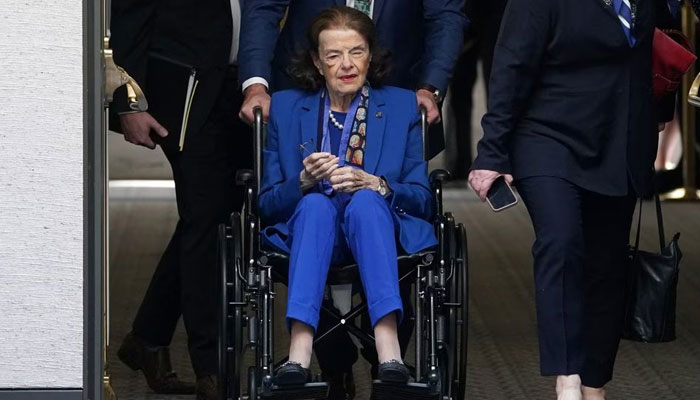
Born in 1933, Feinstein grew up in San Francisco and graduated from Stanford University. Her political career began in 1969 when she was elected to the San Francisco County Board of Supervisors.
This marked the commencement of a lengthy journey in public service, leading to her becoming San Francisco's first female mayor in 1978 and ultimately a US senator in 1992. While she had announced plans to retire at the end of the following year, Feinstein resisted calls for her immediate resignation.
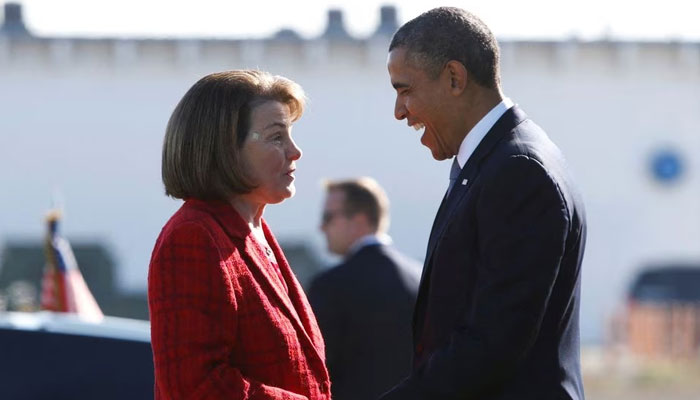
Upon announcing her retirement, President Joe Biden commended her as a "passionate defender of civil liberties" and praised her strong stance on national security policies that strike a balance between safety and values. He regarded her as one of the finest senators he had served alongside.
Feinstein's recent health challenges included a battle with shingles, which kept her away from Capitol Hill for nearly three months. Upon her return, she assumed lighter duties and used a wheelchair to move around the Capitol. Her interviews, committee hearings, and floor votes sometimes revealed moments of confusion.
Feinstein was well-known for her advocacy of gun control measures and her support for the assault weapons ban enacted under President Bill Clinton in 1994. Earlier in her life, she assumed the role of San Francisco's mayor in the aftermath of the tragic assassination of her predecessor, Mayor George Mascone, and city Councilman Harvey Milk.
During her tenure as a senator, Feinstein made history as the first woman to chair the influential Senate Intelligence Committee. She led a comprehensive review of the CIA's contentious interrogation program targeting foreign terrorists following the 9/11 attacks in 2001.
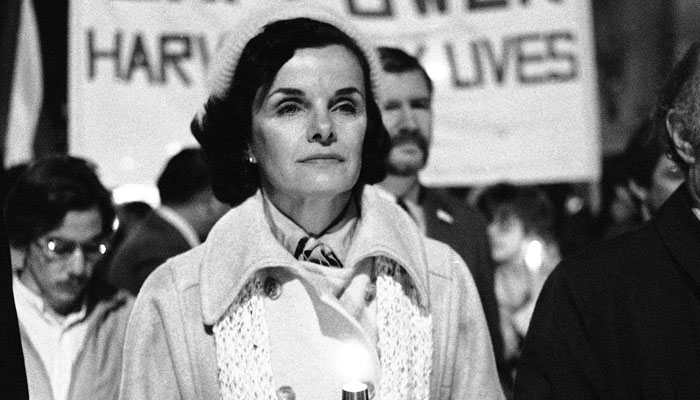
Her commitment to justice and the rule of law led to legislation prohibiting "enhanced interrogation techniques" like waterboarding on terrorism suspects.
Feinstein also achieved the distinction of being the first woman to serve on the Senate Judiciary Committee and the first female chair of the Senate Intelligence Committee.
In a 2017 interview, she acknowledged the ongoing challenges faced by women in society, particularly in the political arena. She noted the increase in female senators from two when she entered politics in 1992 to 24 at that time, with the expectation of continued growth.
Feinstein was recognised for her centrist approach, often collaborating with Republican colleagues, which occasionally drew criticism from more left-leaning members of her party.
News of her passing prompted an outpouring of tributes from across the political spectrum in Washington, DC, underlining her significant impact on American politics.
In her final years, concerns about her health and cognitive abilities spurred calls for her retirement, highlighting broader issues surrounding the ageing of politicians in the United States.
Dianne Feinstein is survived by her daughter, Katherine, who reportedly held power of attorney over her mother's legal affairs amid family tensions. Her husband, investment banker Richard Blum, passed away last year.





